This is part 3 of a series written by Martin Hardie which originally appeared in Spain’s el Pais covering the 2011 Play the Game conference held in Cologne, Germany at the beginning of October. It has been translated for us by the author.
PLAY THE GAME DÍA 3 – Los cruzados del deporte: la bella y la bestia
* * * * *
Sporting Crusaders – Beauty and the Beast
Spain and Alberto Contador became the centre of attention on the third day of the Play The Game conference when German Television station ARD’s anti-doping reporter, Hajo Seppelt, spoke.
Seppelt, who denied that he was an anti-doping crusader or even an anti-doping journalist, said “I am just a journalist who reports the facts.” He kicked off the conference by talking about what he called the questionable influence of international sporting federations in the fight against doping. Although Seppelt stated that he respected the privacy of athletes who were the subject of doping investigations, he opined that the biggest dilemma facing anti-doping work was the tension between athletes’ privacy and the need to protect the “integrity of sport.” From Seppelt’s work and his comments at Play the Game, it would not be hard to come to the conclusion that privacy and athletes’ rights are not that important to him.
Seppelt denied that he was in any way complicit in the train wreck of circumstances that led to the UCI announcing the Contador positive in October of last year – despite the fact that it was he and his investigative team who had gone to the UCI and told them they knew that the rider had tested positive for clenbuterol. Privacy in this case was not meant to be respected, according to the German journalist.
Seppelt recounted his story of how in the weeks and months following the 2010 Tour de France, he learned piece by piece from two sources within the anti-doping system that first Contador’s A sample, and then later his B sample, had returned positive test results. In mid-September Seppelt and his team decided it was time to confront the UCI with their knowledge. In late September they travelled to the UCI headquarters to ask for confirmation of the positive from the UCI. They received none. They then contacted Pat McQuaid, who was at that time in Geelong, Australia, where the World Championships were being held. Seppelt stated that McQuaid replied to him that he didn’t know what Seppelt was talking about and had no knowledge of any positive.
But the following day the UCI issued a press release announcing the Contador positive. As if to imply in some strange way that he, in fact, was the victim in this story, Seppelt spoke in a disappointed tone about how – by announcing the news first – the UCI had destroyed Seppelt’s work and his story. For ARD, it seems that the main game here to be won was simply to announce to the world the name of yet another evil Spanish cyclist. Possibly an odd approach in light of his earlier comments concerning the dubious role that some international sporting federations play in the “fight against anti-doping,” Seppelt claimed that there had been a UCI “coverup” in the Contador case, and despite acknowledging the infamous Puertollano summit in July 2010 in which UCI officials met with Contador to discuss the case of the contaminated steak, Seppelt claimed it was not his job to expose any UCI complicity but only to report the facts as he saw them about another untrustworthy from Europe’s south.
In contrast to Seppelt´s unwillingness to take on the big issues and the big players, tiny Brazillian urban planner Isabella Ledo spoke eloquently of her research and work with the populations of Rio’s favela Vila Autodromo, whose inhabitants face eviction from their homes to make way for the Rio 2016 Olympic Village. Ledo outlined the glib statements of the IOC, Rio Organizing Committee members, and the United Nations concerning ongoing legacies and urban transformation of the 2016 Olympic host city. But she described how, in such visions, there is no mention of the displacement of low-income residents, how once their homes are destroyed there is no plan to build them new houses, and how they will not be compensated. She spoke of the legacy of previous major sporting events in Brazil and the empty decaying stadiums they have left to the country, and the rise in housing prices that will see many unable to survive. Unlike Seppelt, Isabela Ledo is prepared to take the fight up to those who administer the system and because of her tenacity it seems she has finally got the UN and the IOC listening and talking to the poor people of Vila Autodromo.
Day 3 of Play The Game gave us two sides to the story of those who work in and around sport – one large, comfortable and happy to pretend that they are mere reporters of facts who do not play a role in events and are thus not concerned; the other diminutive, passionate and courageous – not scared of working for real change and justice in the world of global sport. If I had to have one on my side, I know which one I would choose.



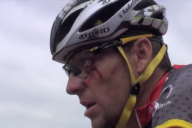






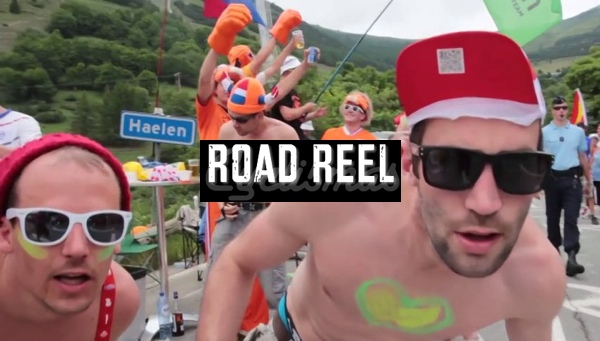
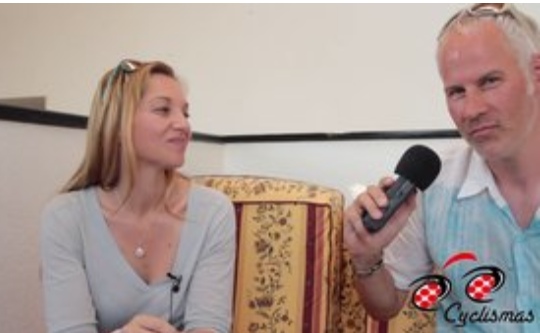
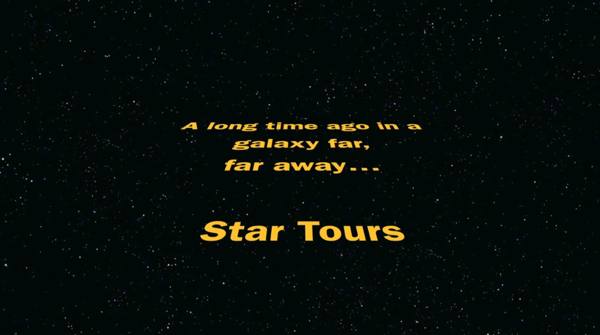
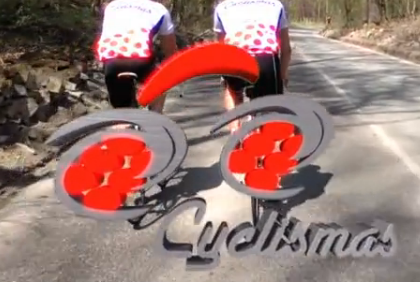

No Comments